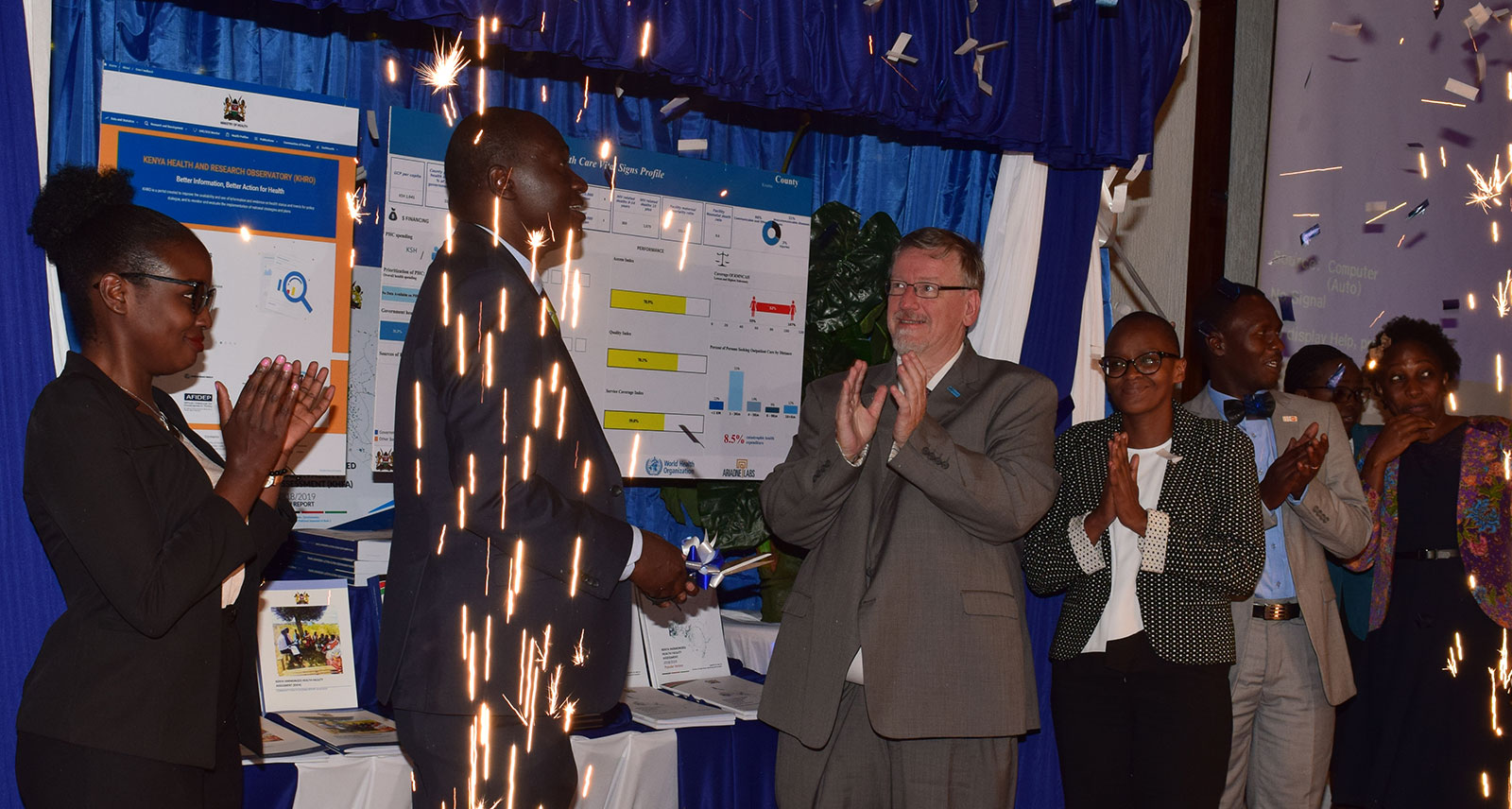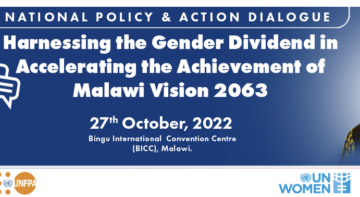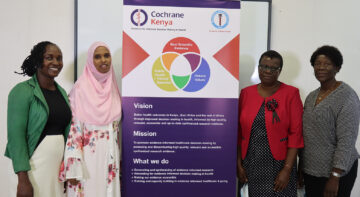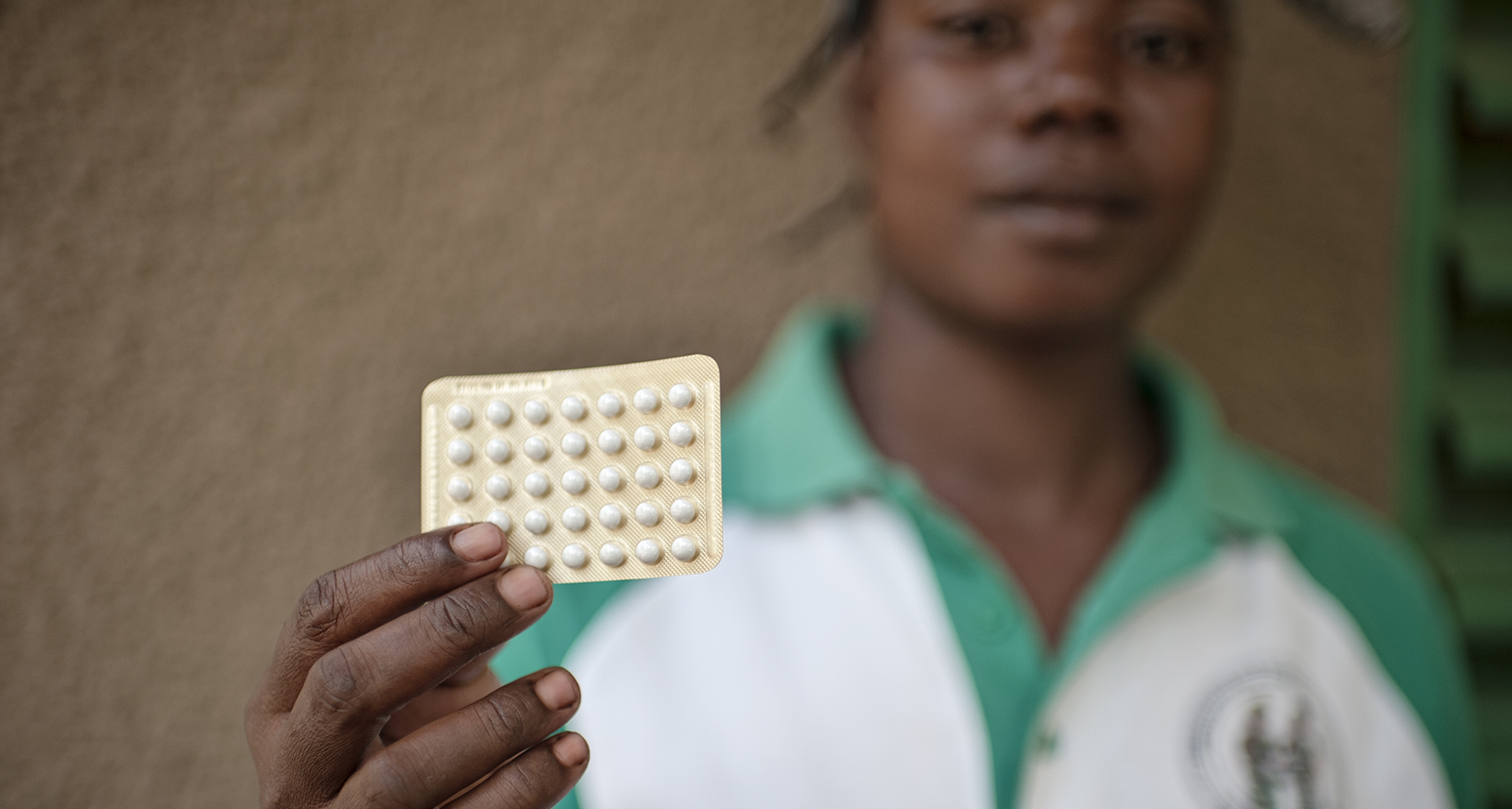Blogs

Accessing evidence remains one of the major barriers mentioned by policy-makers as hindering their use of evidence in decision-making. To address this barrier, the Kenya Ministry of Health (MoH) in 2014 initiated efforts to establish a knowledge translation platform (KTP) that would comprise, among others, a repository of all health research conducted in Kenya. At the time, AFIDEP supported the MoH to conceptualise and define a KTP, drawing on lessons of existing KTPs around Africa.
Accessing evidence remains one of the major barriers mentioned by policy-makers as hindering their use of evidence in decision-making. Click To TweetAround the same time, the World Health Organisation (WHO) Kenya office approached the MoH to support the establishment of a Health Observatory. This provided opportunity to combine the KTP and the Observatory into one platform since both were focused on availing information on the health sector in Kenya at the touch of a button to inform decision-making. The MoH has worked on the development of this platform over the years with support from the WHO, AFIDEP, World Bank and other partners. These efforts culminated in the launch of the Kenya Health and Research Observatory (KHRO) on January 22, 2020 in Nairobi, Kenya.
Present to mark this milestone included, County Executive Members of Health, County Directors, County Representatives, Kenya Health Federation, representatives of partner agencies (World Health Organization (WHO), Japan International Cooperation Agency (JICA); Development Partners in Health (DPHK, UNICEF, UNFPA, USAID and World Bank).
About the Kenya Health and Research Observatory (KHRO)
KHRO is a web-based portal developed to provide a one-stop-shop for health data and research. It is therefore a repository for all health research conducted in Kenya, as well as a tool for accessing, querying and running basic reports on health indicators in the country. The platform also provides tools to strengthen monitoring of the health sector performance. It, therefore, offers a rich platform for translating data and research evidence for informing policy, programme and practice decisions.
The platform is designed to facilitate multi-stakeholder collaboration and partnership in accessing and using information to strengthen national health information systems. The ultimate goal of this platform is to empower and advance the Evidence-Informed Decision-Making agenda in the health sector. Additionally, KHRO will facilitate monitoring of health indicators at the county and national level in tracking efforts towards the attainment of Universal Health Coverage (UHC).
Development of KHRO
The concept of KTPs was initiated by the WHO beginning 2005 and through WHO’s support, numerous national and regional KTPs have been established across the globe. KTPs have been found to improve the technical capacity to promote EIDM, the interaction between researchers, and policy audiences and production of relevant evidence.
It was during the 62nd Session of the WHO Regional Committee for Africa in 2012 that Ministers of Health of the 46 member states including Kenya called on WHO to support them to establish National Health Observatories. Consequently, in 2017, WHO came on board to work with MoH-Kenya and with support from the World Bank begun developing the KHRO platform.
The future of the KHRO platform
The KHRO platform is expected to foster collaborations and engagements among policy-makers, researchers, practitioners and other stakeholders in the health sector. Additionally, it will maximize use of health data and evidence in decision-making processes. AFIDEP is keen to continue supporting the growth, refinement, and enrichment of the KHRO platform by providing technical assistance when called upon and being a source of quality and reliable health data and research.
Related Posts





